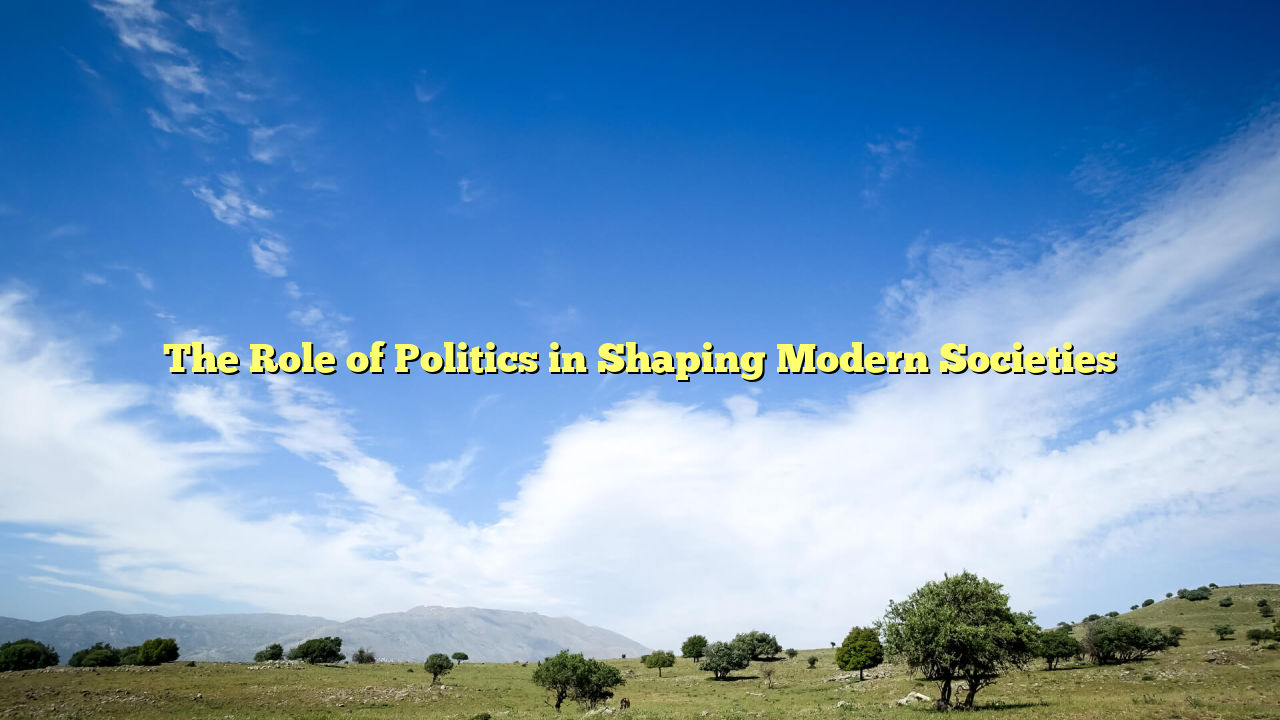Politics has always been a central element in the development of human civilization. It determines how societies are governed, how resources are distributed, and how conflicts are resolved. In today’s world, politics not only shapes domestic affairs but also influences global relations, economic systems, and cultural identities. Understanding the role of politics is essential for citizens who wish to diponegoro4d actively participate in building a better society.
One of the main purposes of politics is to establish order and stability. Without political structures, societies would face chaos, as there would be no clear system of authority or law enforcement. Governments, through political processes, create laws and policies that regulate behavior and protect citizens’ rights. This framework allows individuals and communities to coexist peacefully while pursuing their goals.
Another crucial aspect of politics is representation. In democratic systems, citizens have the right to elect leaders who represent their interests and make decisions on their behalf. This form of governance aims to balance the diverse needs of society, ensuring that no single group dominates others. However, representation is not always perfect. Issues such as corruption, political polarization, and unequal access to power often challenge the effectiveness of democratic institutions.
Politics also plays a key role in addressing economic and social issues. Governments make decisions about taxation, public spending, healthcare, and education, all of which directly affect people’s quality of life. Political ideologies often shape these policies, with debates arising between those who favor more government intervention and those who advocate for free markets and limited state control. These debates are essential for finding a balance that promotes both economic growth and social equity.
On a global scale, politics governs the relationships between nations. International diplomacy, trade agreements, and conflict resolution are all influenced by political strategies. Global challenges such as climate change, migration, and security threats require cooperation between states, and politics provides the framework for such collaboration. While international politics can sometimes lead to tensions or wars, it also offers opportunities for peacebuilding and collective progress.
However, politics is not without its flaws. Many citizens feel disillusioned when political leaders fail to deliver on their promises or when power is concentrated in the hands of a few elites. Political corruption undermines trust in government institutions, while misinformation and populism can distort public opinion. These issues highlight the importance of political awareness and active participation among citizens.
Education and civic engagement are crucial for improving the quality of politics. Citizens who are well-informed about political systems and current issues are more likely to hold leaders accountable and demand transparency. Active participation, whether through voting, advocacy, or community involvement, strengthens democracy and ensures that politics serves the interests of the people rather than the few.
In conclusion, politics is a powerful force that shapes the lives of individuals and societies. It determines how resources are distributed, how justice is applied, and how nations interact with one another. While it faces challenges such as corruption and polarization, politics remains a vital tool for building order, addressing social issues, and fostering international cooperation. For politics to truly benefit society, citizens must remain engaged, informed, and committed to upholding democratic values.
